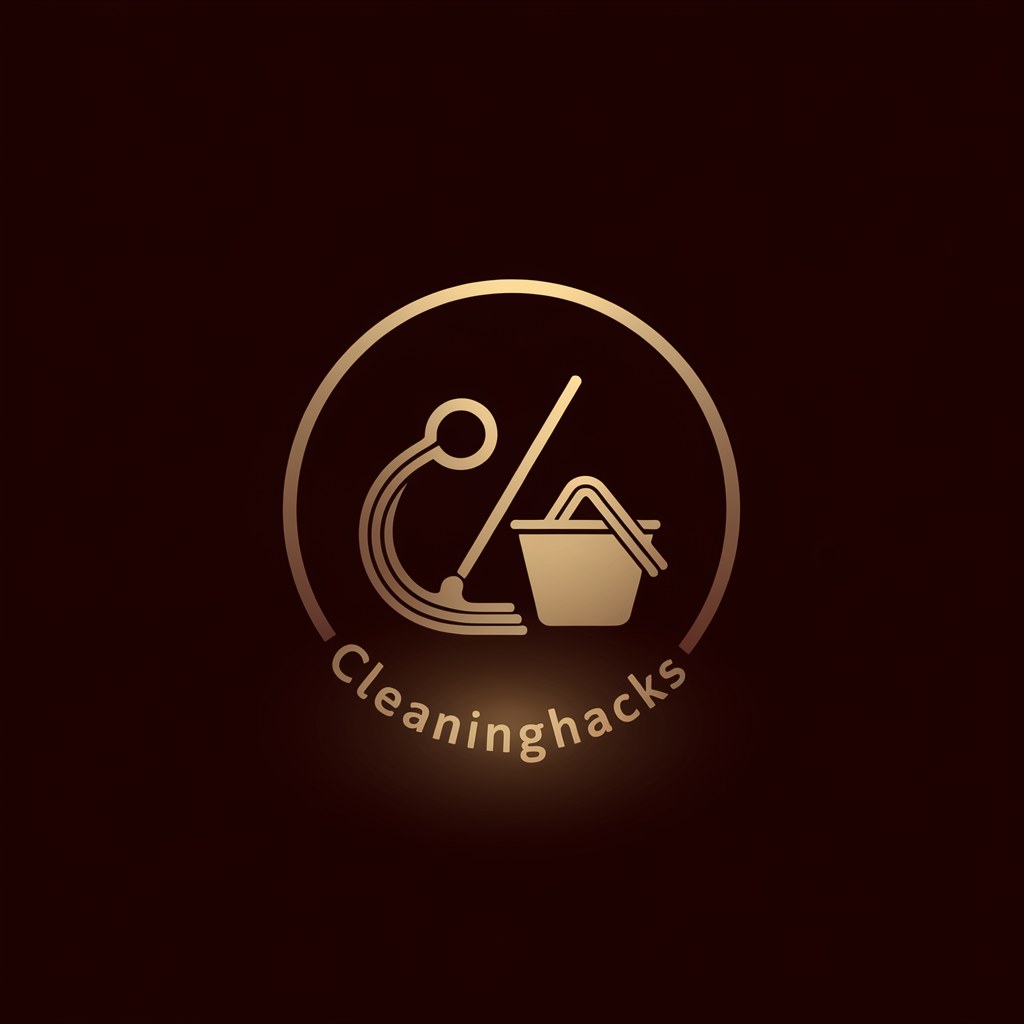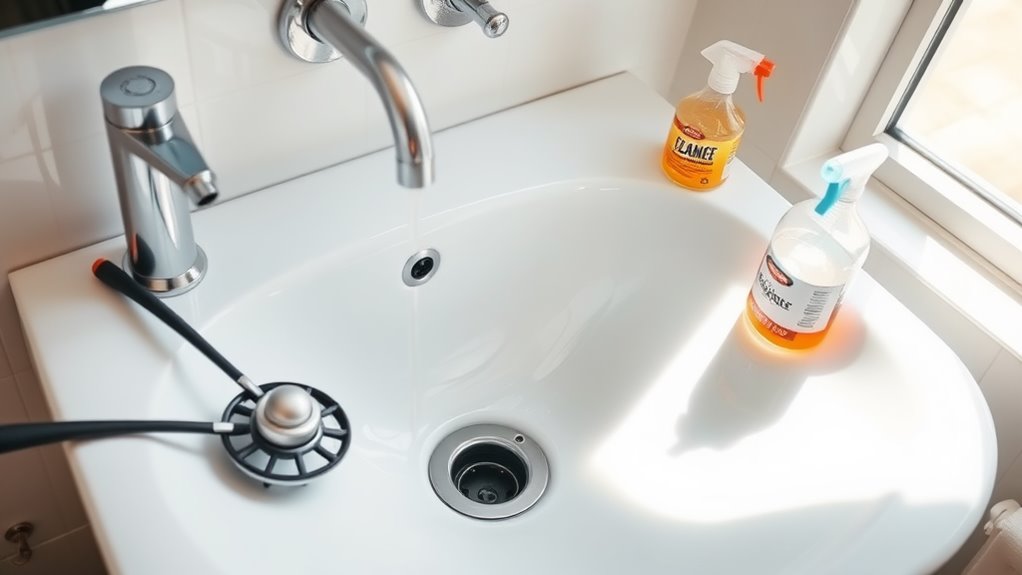Drain Cleaning Simplified- No Plumber Needed
Did you know a clogged drain can often be fixed with items you already have at home? You don’t need to call a plumber right away. With a few simple tools and techniques, you can tackle most blockages yourself. Grab a plunger or some baking soda, and let’s get started. Stick around to uncover easy, practical steps to keep your drains flowing smoothly without the hefty bill.
Key Takeaways
- Clear minor clogs using a plunger with firm suction over the drain.
- Use a drain snake for deeper blockages if plunging fails.
- Try baking soda and vinegar as a natural clog-clearing solution.
- Prevent issues with drain strainers to catch hair and debris.
- Flush drains weekly with hot water to avoid buildup.
Essential Tools for Drain Cleaning
The right tools can make all the difference when tackling a clogged drain.
For effective diy drain cleaning, you’ve gotta have a few essentials on hand.
Grab a plunger first—it’s your go-to for minor blockages with its powerful suction.
Next, get a drain snake; this flexible tool reaches deep into pipes to dislodge stubborn debris.
Keep a pair of rubber gloves handy to protect your hands from grime.
Finally, a bucket helps catch any mess.
With these basics, you’re well-equipped to handle most clogs without breaking a sweat or calling in pricey help.
Having a flashlight nearby can also be useful to inspect drain issues and spot hidden blockages.
Step-by-Step Clog Removal Process
Now that you’ve got your tools ready, let’s walk through clearing that clogged drain with a straightforward plan.
Start by removing any visible debris from the drain opening using gloves or a small tool.
Next, grab your plunger, place it over the drain, and push down firmly to create suction.
Pump vigorously for about 30 seconds, then pull up sharply. Repeat this a few times to loosen the clog.
If water starts draining, run hot water to flush remaining debris.
If it’s still blocked, use a drain snake to reach deeper and break up the obstruction.
Discover how effective clog removal can save you from expensive plumbing costs with these simple steps.
Natural Solutions for Stubborn Blockages
Ever wondered how to tackle stubborn drain blockages without harsh chemicals? You can use natural solutions right from your kitchen.
Grab baking soda and vinegar—pour half a cup of baking soda down the drain, followed by a cup of vinegar. Let it fizz for 15 minutes as it breaks down organic buildup.
Then, flush with a pot of boiling water to clear residue.
For tougher clogs, add a few drops of essential oil like tea tree for its antibacterial properties.
Repeat if needed, ensuring you’ve got a safe, effective way to unclog drains naturally.
Discover how this simple baking soda method can keep your drains clear with minimal effort.
Preventative Tips for Clear Drains
Countless drain issues can be avoided with simple, everyday habits.
Start by using drain strainers in sinks and showers to catch hair, food scraps, and debris before they slip down. Don’t pour grease or oil into drains; instead, collect it in a container and toss it in the trash. Flush drains weekly with hot water to dislodge minor buildup.
Be mindful of what you flush—avoid paper towels or wipes, even if labeled “flushable.” Regularly clean strainers to prevent accumulation.
For stubborn hair clogs, try using a simple hair drain removal tool or method to keep pipes clear.
These small steps keep your drains flowing smoothly and save you from costly clogs down the line.
Common Mistakes to Avoid During Cleaning
Why do so many people struggle with drain cleaning despite their best intentions? It’s often because you might overlook key mistakes.
First, don’t pour harsh chemicals down the drain without checking if they’re safe for your pipes—some can cause corrosion.
Next, avoid using a plunger without sealing the overflow drain; you’ll lose pressure and effectiveness.
Also, don’t ignore small clogs, thinking they’ll resolve on their own—they won’t and can worsen.
Lastly, never skip protective gear like gloves when handling debris or tools.
Consider using a natural drain cleaner recipe for a safer, eco-friendly alternative to harsh chemicals.
Avoid these pitfalls, and you’ll clean drains more safely and efficiently.

